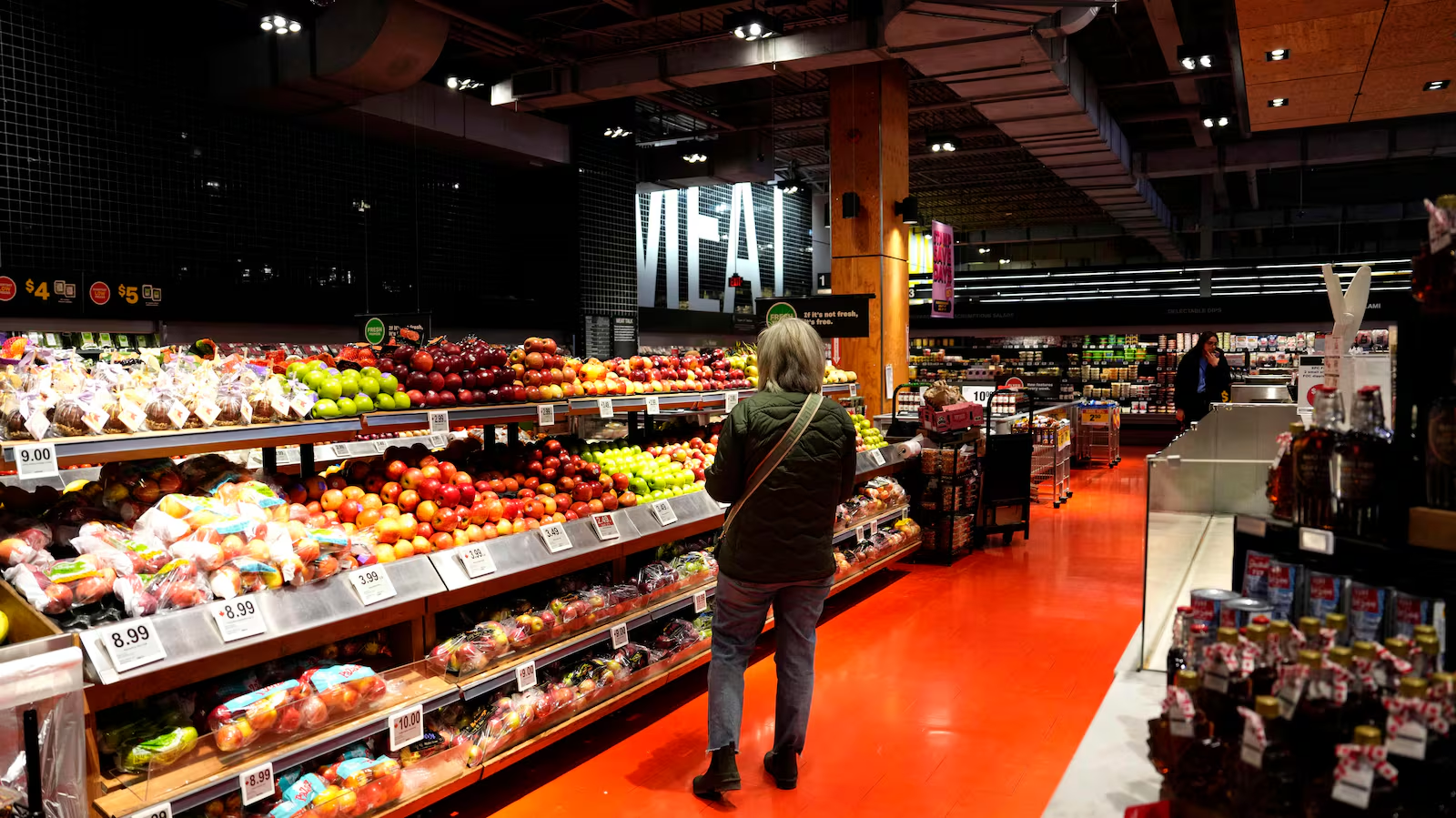A new Nanos Research survey paints a troubling picture of financial stress across Canada — revealing that one in five Canadians has skipped paying a bill in order to buy groceries within the past year. The findings underscore how rising food, housing, and utility costs are forcing households, especially younger Canadians, to make painful financial trade-offs.
The poll, conducted for CTV News, found that adults under 55 were four times more likely to delay payments such as car loans, credit cards, or electricity bills to afford food.
Younger Canadians Feeling the Brunt
For many younger adults, the struggle is real.
“My phone bill, the rent, the groceries…my car insurance, the fuel — it all adds up,” said Almas Patel, 23, outside a Charlottetown grocery store.
His friend, Matthew Batunde, 29, echoed him: “The more prices are getting higher, it’s affecting our daily bills.”
According to Nanos, 18.1% of those aged 18–34 and 17.9% of those aged 35–54 admitted to missing a bill “sometimes or often” to afford groceries. Among those 55 and older, that figure fell sharply to just 4.2%.
Chief data scientist Nik Nanos called the trend “striking.”
“In any other world, this would be considered an epidemic,” he said. “A significant proportion of Canadians are facing those really tough choices.”
Regional Divide in Food Insecurity
The problem is particularly acute in Atlantic Canada, where 24.2% of respondents said they skipped paying a bill “sometimes or often.” That’s nearly double the national average and far higher than the rates reported in Ontario (10.5%), Quebec (8.1%), and the Prairies (16.5%).
Joshua Smee of Food First NL said the findings reflect a broader issue of food insecurity in the region.
“All four Atlantic provinces have upwards of 25% of people reporting themselves as food insecure,” Smee said, pointing to higher unemployment rates and greater reliance on social assistance.
He emphasized that food banks alone cannot solve the crisis.
“We need to stop treating this as a charity problem,” he said. “The real fix is putting more money in the pockets of low-income Canadians — through measures like higher minimum wages or enhanced benefits such as the Canada Child Benefit.”
Older Canadians More Financially Secure
Older Canadians appear more insulated from the crunch, often due to paid-off mortgages, stable pensions, or investment income.
“Those over 55 are more likely to be in a secure financial position,” Nanos said. “Younger Canadians with families are dealing with housing costs and job insecurity on top of inflation.”
Men and Women Equally Affected
The financial strain cuts across gender lines, with 12% of men and 12.6% of women reporting that they’ve postponed bill payments to afford food.
A Nation Under Pressure
The Nanos survey, conducted between October 27 and 30, 2025, involved 1,045 Canadians aged 18 and older. With a margin of error of ±3 percentage points, 19 times out of 20, the results confirm what many households already feel: Canadians are increasingly choosing between essentials — paying bills or feeding their families.
As Nanos put it, the findings send a clear message:
“This isn’t just about rising prices. It’s about how fragile financial security has become for millions of Canadians.”

